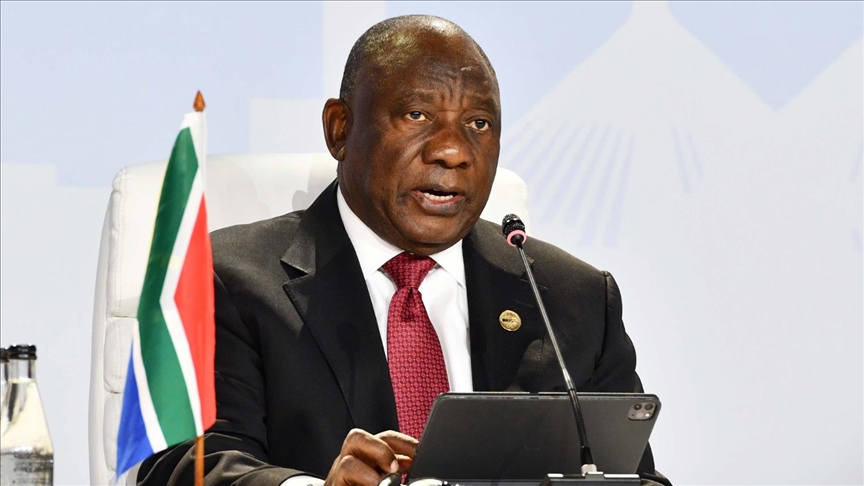South African President Cyril Ramaphosa has welcomed the decision by several countries to support the recognition of Palestine as an independent state, saying the world can no longer turn a blind eye to what he described as genocide in Gaza.
President Ramaphosa, speaking through his spokesperson Vincent Magwenya, said recent moves by nations such as France, Spain, Ireland, and others to push for formal recognition of Palestine represent a turning point in global politics. He said the suffering of the Palestinian people, especially those living under siege in Gaza, has gone on for too long without proper action from the international community.
Magwenya said: “The reality is that it is no longer palatable to look the other way and ignore the reality of the genocide currently taking place in Gaza and against Palestinians. That’s the reality.”
The statement comes after the foreign ministers of more than a dozen countries — including France, Canada, Norway, Spain, Australia, New Zealand, Portugal, Ireland, Slovenia, Luxembourg, Malta, Iceland, Andorra, and Finland — issued a joint declaration. In the declaration, they committed to taking a plan to the United Nations General Assembly in September to officially recognise the State of Palestine, which would include the West Bank and Gaza Strip.
These countries also called for an immediate ceasefire between Israel and Hamas, as well as the unhindered delivery of humanitarian aid and the unconditional release of all hostages, including those who have died. They restated their support for a two-state solution, where Israel and Palestine exist side by side within secure and internationally recognised borders, as per UN resolutions.
Ramaphosa’s administration, which has led global calls for justice in Palestine, said these diplomatic moves do not directly affect South Africa’s case against Israel at the International Court of Justice (ICJ). However, Magwenya noted that the international support does strengthen and legitimise South Africa’s decision to pursue a genocide case.
“What it does is further legitimise our decision to take action. It has no practical legal impact on our case, but it does legitimise our decision to take the matter to the ICJ,” Magwenya added.
South Africa took Israel to the ICJ in 2023, accusing it of committing acts of genocide in Gaza during its military operations. Although some Western countries were initially hesitant to support the move, the tide seems to be shifting as the Gaza death toll reportedly reaches over 60,000 and international aid agencies warn of a looming famine.
Asked whether France or other G7 countries might join South Africa’s ICJ case, Magwenya said, “We haven’t seen anything coming out of France to that effect… but we will not be surprised if more and more countries join our case.”
The joint statement by the 14 nations also outlined a post-war vision for Gaza, including the reconstruction of the region, disarmament of Hamas, and the exclusion of the militant group from any future Palestinian government. They also emphasised the need for Palestinian unity, calling for the Gaza Strip and the West Bank to be brought under the authority of the Palestinian Authority.
Furthermore, the statement encouraged countries that have not recognised Israel to do so, and pushed for greater regional integration between Israel and its neighbours — a delicate balancing act meant to create lasting peace in the Middle East.
Ramaphosa’s government, which has long been an advocate for Palestinian rights, said it would continue its international advocacy, both through the UN system and international courts. South Africa has historically drawn parallels between apartheid in its own past and what it describes as apartheid-like conditions faced by Palestinians under Israeli occupation.
As tensions in Gaza remain high and humanitarian conditions worsen, many around the world are now paying closer attention. With more countries speaking out and formal recognition of Palestine on the agenda for the upcoming UN meeting, pressure is mounting on global powers to act decisively.
